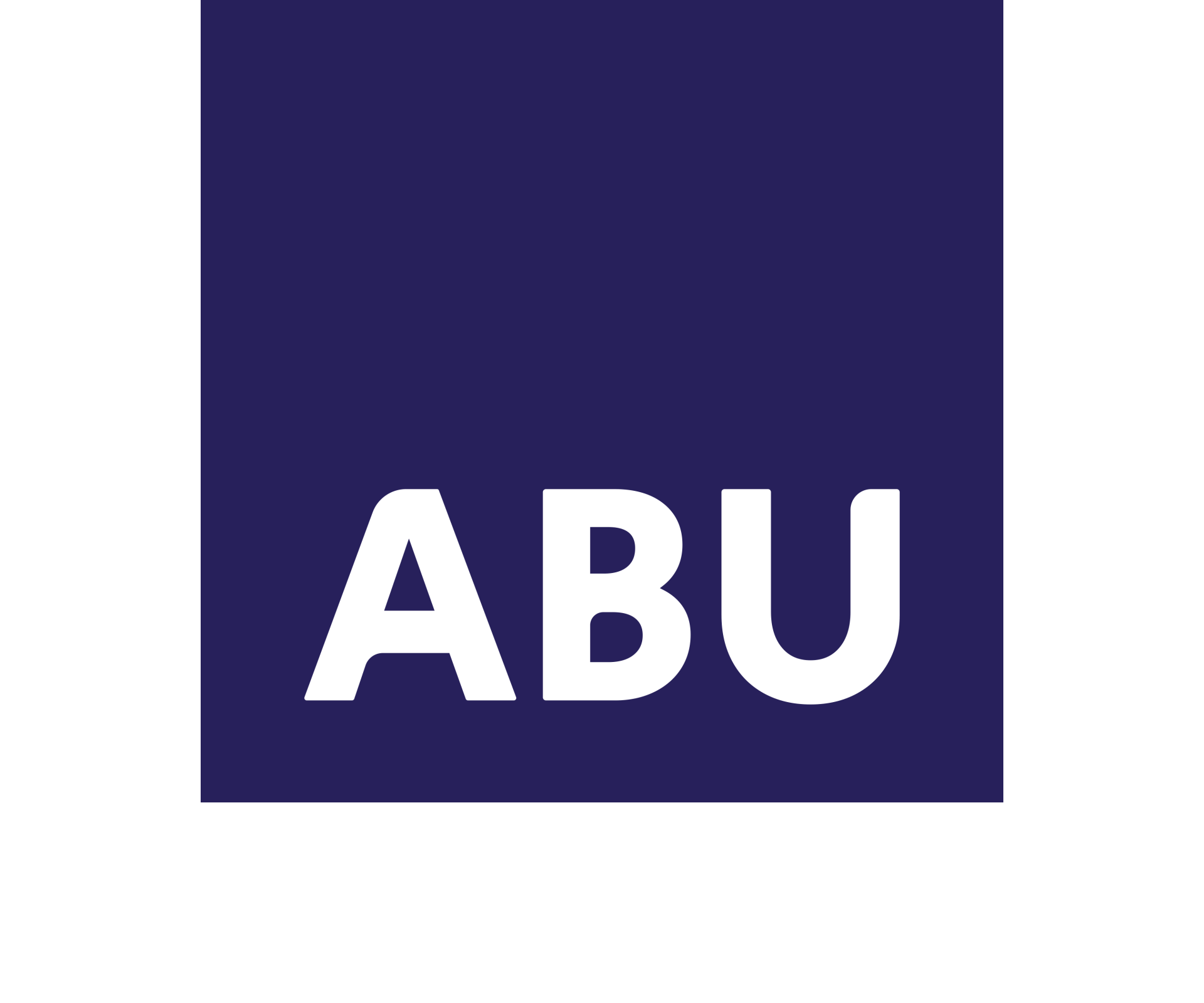Figuring Out Your Dream Job

Nov 27, 2019
We all want to land our dream job. However, a dream job has different meaning to different people -it can be something we are passionate about, or something that reflects our values and priorities. While for some people a dream job means earning a high income, others dream of following their childhood passions. Gone is the desire to work for one employer for 40 years keeping the same 9-5 routine. Millennials are seeking a new empowered way to live their lives and here we ask is there such a thing as a ‘dream’ job?
Do you need to know what is your dream job?
Many young people say that they haven’t figured out the career path they want to pursue, let alone their dream job. If you don’t know what your dream job is, don’t worry – although often expected, it’s presumptuous to assume that a young person who has just left school, started college or recently graduated will know what career they want to follow. Even if young people know what they want to do, very often they end up changing their mind – the number of people who settle on a college degree, and work with that degree for the rest of their lives is declining.
Also, it’s not very likely that the first job you land will be the one you’ve been dreaming of. It may take a while before you find something that you truly like – the average age at which adults find the job they’ve been dreaming of is 33, so don’t get panicky if you haven’t found one yet.
What is millennials dream job?
When asked about their dream job, many millennials say that one day they would like to move to part-time working or land a flexible job. More and more millennials look at their perfect job from a different angle –what they are really after is work-life balance and living their best life. What now matters more than ever is how well the work can fit into their life, and not the other way around.
How to figure out what’s next for you?
When figuring out your dream job, you shouldn’t idealize it, no job is perfect. Moreover, your perception of the ideal job can change many times throughout your career. If you have been asking yourself ‘What career is right for me?’, here are some tips that will help you identify your dream job:
- Expose yourself to new experiences.
- Evaluate your past experiences.
- Talk to other people and find out what a dream job means to them.
- Focus on the culture and environment.
- People first, jobs second.get to know your recruiterwhat’s next in your career
Landing your dream job is not easy and requires trying diverse things and keeping your options open. Having said that, the meaning of a dream job is constantly evolving, with Millennials taking it to a whole new level by viewing it rather as an integrated whole – pursuing personal fulfilment and not solely job satisfaction.
Are we about to start a new era where work-life balance is finally becoming an inherent part of our lives?
About the author:
Originally from Poland,
Alicja has been part of our Marketing team for almost a year. As a Millennial, she values work-life balance that Kelly offers, and she views ‘dream job’ as a combination of personal and professional fulfilment.







